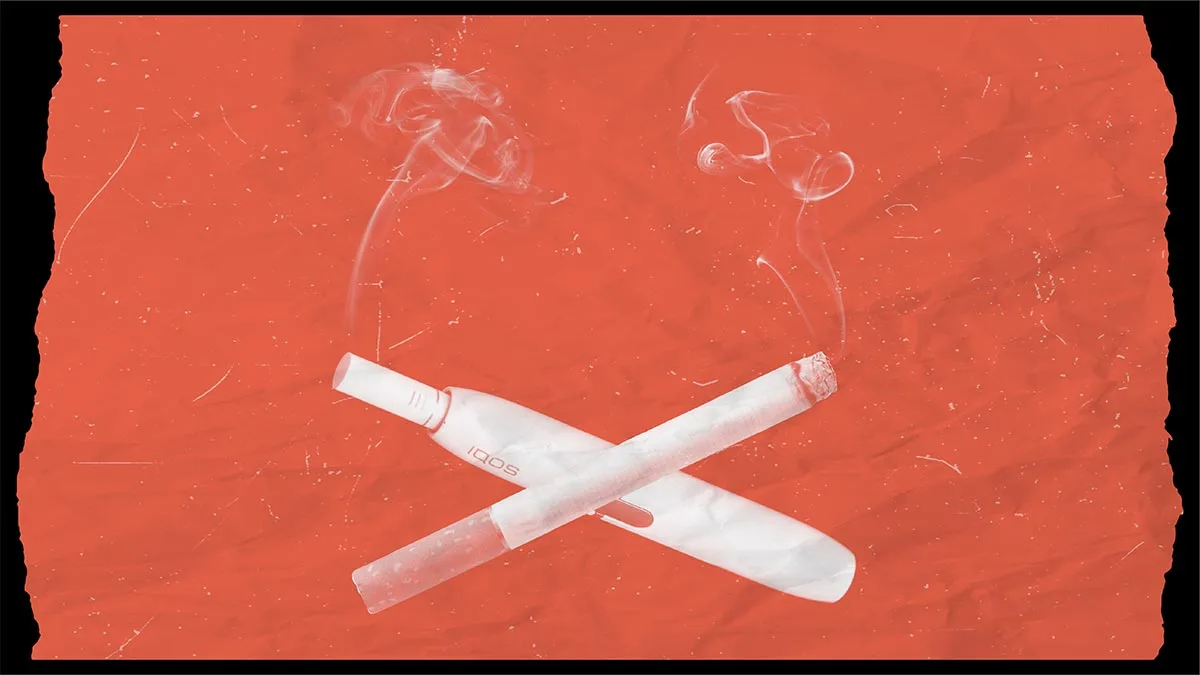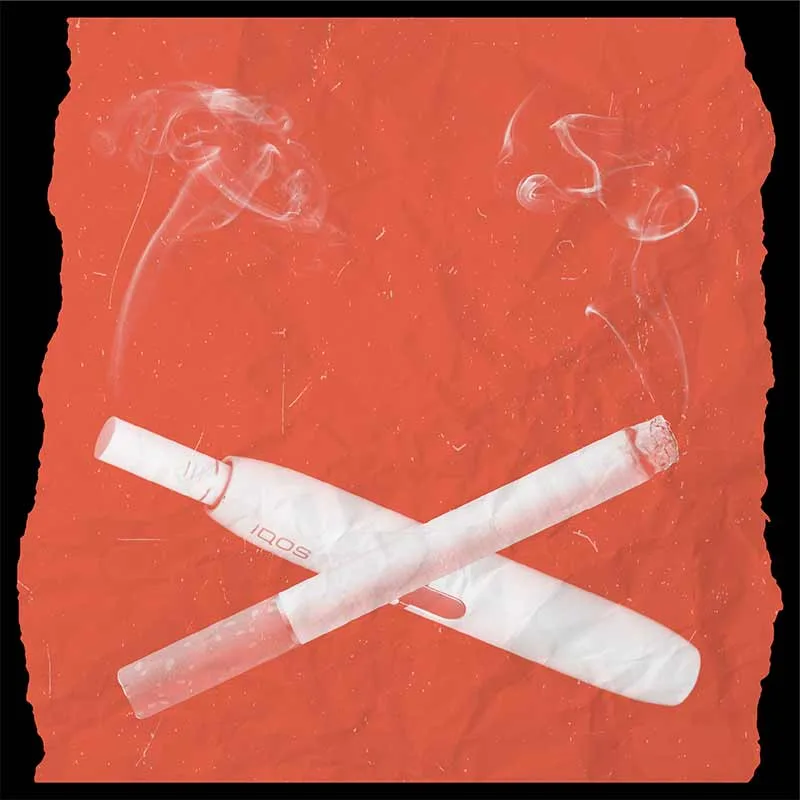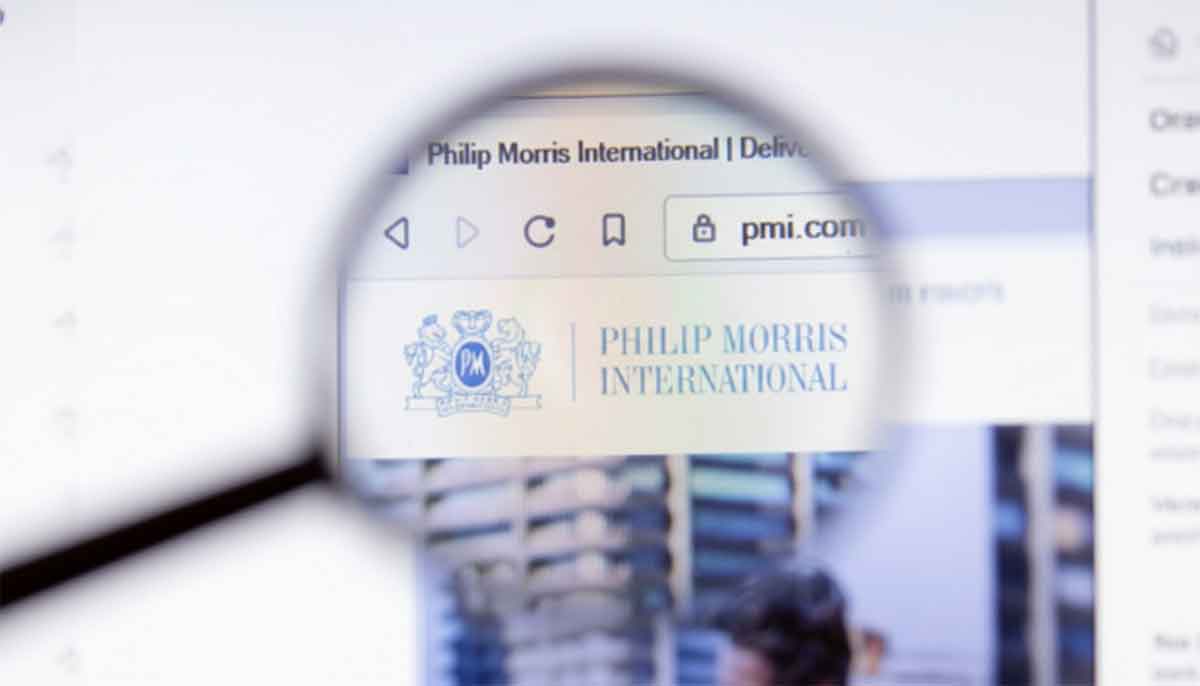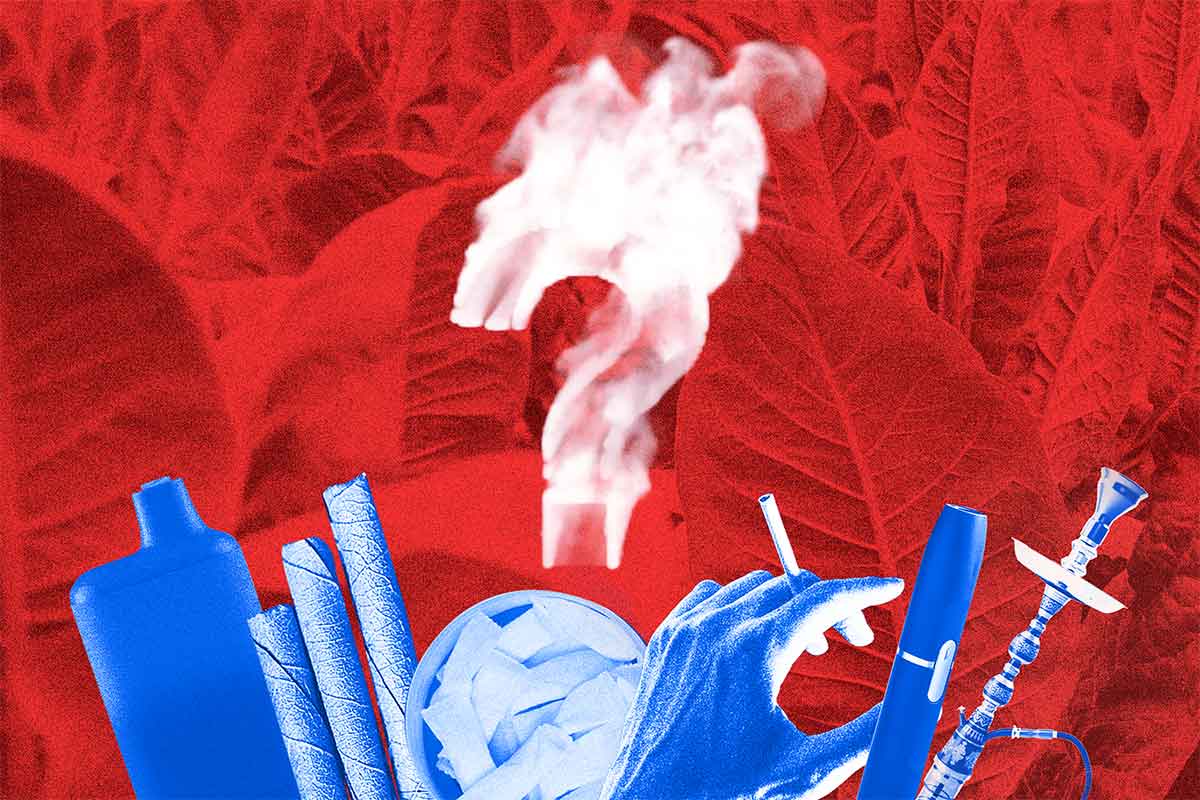- Resources
- News
-
-
Get Email Updates
Sign up for STOP's emails and never miss an update on our latest work and the tobacco industry's activity.
-
Get Funding
Ready to tackle industry interference? You could be eligible for a grant.
-
Share a Tip
Do you have information on tobacco industry misconduct in your country? Let us know.
-
Get Email Updates

In April 2019, Philip Morris International (PMI)—the world’s largest transnational cigarette company—launched a seemingly ironic initiative: “Unsmoke Your World.” The campaign, still quietly running today, is one strand of a global public relations campaign in which PMI claims to want a “smoke-free future.” To recast itself as a public health hero, PMI tirelessly touts its lineup of “smoke-free” products as the solution to the epidemic propagated by its main product.
But is it possible for a company to truly “deliver a smoke-free future” if it continues manufacturing and selling billions of cigarettes per year, promoting them to young people around the world and fighting proven policies that would actually reduce smoking?
PMI’s actions show that its plea for people to abandon cigarettes isn’t genuine. In the first year of its “Unsmoke” campaign, PMI launched a new high-tar, high-nicotine cigarette brand in Indonesia, expanded cigarette production capabilities in Uzbekistan and promoted and sold flavored cigarettes at a youth-oriented music festival in Argentina.
Its corporate communications also suggest PMI isn’t ready to truly go smoke-free and give up cigarettes anytime soon. Recently, on its 2022 earnings call, PMI celebrated growth in revenues from cigarettes, saying: “In combustibles, we delivered a robust performance with a 3.7% growth in organic net revenues… .”
As PMI’s “smoke-free” rhetoric increases, the public and policymakers must continue to be wary of PMI’s claims. Here are three important reasons why.
PMI still produces billions of cigarettes every year.
The easiest way to see through PMI’s supposed “smoke-free” aspirations is to look at its thriving cigarette business. In 2022 alone, PMI shipped 621 billion cigarettes, according to its full-year results report. While cigarette shipment volume between 2021 and 2022 declined in some markets, shipments increased by nearly 5% in the Middle East and Africa, by about 2% in the Americas and by 1.5% in South and Southeast Asia. There’s nothing “smoke-free” about sending more cigarettes into these regions.
Despite claiming in its “smoke-free”-oriented corporate communications that it’s best to never start smoking, PMI continues to advertise cigarettes, including to populations that historically have low rates of smoking. A recent study of cigarette advertisements in Israeli newspapers found that 87% of the ads were targeted at the Haredi population, a group that has the lowest smoking rate in Israel.
PMI has also fought for the ability to advertise cigarettes. For example, in 2020, PMI’s Indonesian subsidiary, PT HM Sampoerna, wrote to a government official in Bali asking him to revoke a ban on outdoor cigarette advertising. The company also funded a counter-campaign in Switzerland to persuade people to vote against a tobacco advertising ban meant to protect young people. The purpose of advertising is to acquire new customers. If PMI genuinely believes it’s better for people not to smoke cigarettes, why do they continue advertising them?
PMI’s main “smoke-free” alternative may not actually be “smoke-free,” or safer.
A large part of PMI’s “smoke-free” narrative isn’t as much about stopping tobacco use as promoting its newer tobacco and nicotine products, or its “smoke-free alternatives,” as it calls them. The company encourages smokers who, they say, would otherwise continue smoking to switch to its flagship heated tobacco product (HTP), IQOS.
But are HTPs really smoke-free? A 2022 analysis determined that IQOS emissions fit the definition of both an aerosol (the term PMI uses to describe IQOS emissions) and smoke. In another study, researchers found that IQOS emissions contain some of the same harmful constituents indicative of smoke-producing thermal processes as cigarette smoke. One researcher described “burning” as having two meanings, combusting and charring—and independent investigations have confirmed that the tobacco sticks used in IQOS are indeed charred.
Further, are HTPs actually a safer option? There isn’t enough independent, long-term data yet to prove it. Some of the data that does exist raises safety concerns. Multiple studies show that HTPs expose users to many of the same harmful chemicals found in cigarette smoke, but at lower levels. The reduced levels of harmful chemicals has not been linked to reduced risk to health (in fact, the United States Food and Drug Administration specifically noted that PMI has not demonstrated that IQOS will significantly reduce harm or the risk of tobacco-related diseases). Moreover, PMI’s own studies identified 80 substances present exclusively or in higher levels in IQOS emissions than in cigarette smoke, including carcinogens and other potentially harmful chemicals.

In 2022 alone, PMI shipped 621 billion cigarettes...
Researchers have also raised concerns about the health consequences of real-life, repeated IQOS use. One study examined levels of free radicals, a class of toxicants thought to play a role in the development of tobacco-related diseases, in HTPs. While HTPs appear to produce fewer free radicals, they also expose users to less nicotine. That means an HTP user may have to consume more tobacco in order to satisfy their nicotine craving, ultimately exposing them to higher levels of free radicals. Another study cited the concern that the continued reheating of tar deposited in the IQOS device could generate even higher concentrations of harmful or potentially harmful compounds.
Skepticism around “smoke-free” claims and their implied health benefits is warranted from a marketing perspective, too. The industry has a history of promoting newer products as reduced-risk options, such as filtered, “light,” or “mild” cigarettes. We know now that none of those are actually safer and were, in some cases, worse.
IQOS has not been proven to help people quit smoking.
PMI estimates that of its 24.9 million IQOS users, about 17.8 million have “switched” to IQOS and stopped smoking. But PMI has its own definition of “switch” that may not paint the full picture. Its 2022 full-year results report caveats that a user who has “switched” is someone who has used an HTP for the “totality of their daily tobacco consumption,” but only for the past seven days. This very brief snapshot of user behavior is too short to truly determine if a user has quit cigarettes.
Some studies suggest that many IQOS users haven’t quit, and continue smoking cigarettes. This trend of dual or poly-usage—along with a 2022 Cochrane review that found no clinical trials of HTPs (most of which have been conducted by PMI) investigated smoking cessation outcomes—raises concerns over whether IQOS has a role in helping people become “smoke-free.”
When will PMI truly go “smoke-free?”
PMI will play its part in “unsmoking” the world when it stops producing and promoting cigarettes and opposing policies proven to reduce tobacco use.
In the meantime, the company will likely continue touting its growing percentage of net revenues coming from “smoke-free” products, but the public and policymakers must remember this is happening, in part, because PMI is adding to its smoke-free product portfolio, not because it’s significantly reducing its cigarette production.
“Unsmoke Your World” and the “smoke-free” rhetoric that surrounds it remain public relations efforts that PMI can use to try to improve its public image. But, perhaps most importantly, they’re a reminder that profits are PMI’s ultimate motivator, not health.





